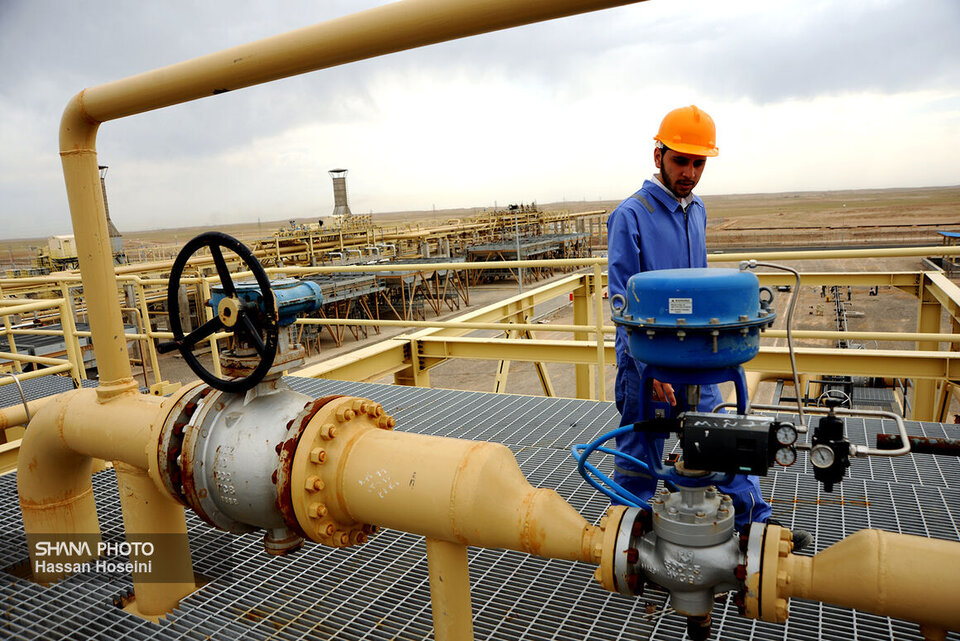Ali-Asghar Rajabi spoke on Monday during a specialized session titled "Energy Optimization in the Oil Industry’s Energy Chain" at the Third Petrotech Conference.
He said the programs include the development of renewable energy, reducing gas flaring, optimizing consumption across various sectors, and utilizing market mechanisms.
Regarding gas flaring, Rajabi noted that under Article 42 of the Seventh Development Plan, the Ministry of Oil is required to reduce gas flaring by 16 billion cubic meters, of which 3.1 billion cubic meters is the share of the gas industry. By the end of the Seventh Development Plan, this figure must be reduced to 2 billion cubic meters.
Rajabi added that in the Iranian year of 1401 (2022), gas flaring reached 10 million cubic meters per day. However, this figure decreased to 8.8 million cubic meters in 2023 and 6.7 million cubic meters in 2024. This year, gas flaring has decreased by 13% compared to last year, a result of the implementation of one-year projects.
He further explained that NIGC has initiated plans to replace 5.2 million joint connections and 1.3 million leaking couplings, as well as upgrade rubber regulator components in the distribution network. These measures have led to savings of 1.9 billion cubic meters of gas.
Rajabi highlighted that the development of renewable energy is another initiative by NIGC to reduce reliance on fossil fuels and, consequently, energy waste. For example, the company’s office buildings are required to meet 5% of their annual energy consumption through renewable sources, with the goal of reaching 20%. Industrial facilities must also meet 1% of their energy needs annually through renewables, increasing to 5% by the end of the fifth year.
According to Rajabi, NIGC currently supplies 3 million kilowatt-hours of electricity through renewable energy sources.
Rajabi also emphasized that NIGC has undertaken various social and cultural initiatives to promote optimal gas consumption. The company has prioritized raising awareness about safe and efficient natural gas usage as part of its social responsibility.
Key efforts include organizing educational workshops for students and youth, maintaining a consistent media presence, and promoting energy-saving methods. Additionally, NIGC has actively supported national campaigns such as "2 Degrees Less," using promotional and media tools to increase public awareness in this area.


Your Comment